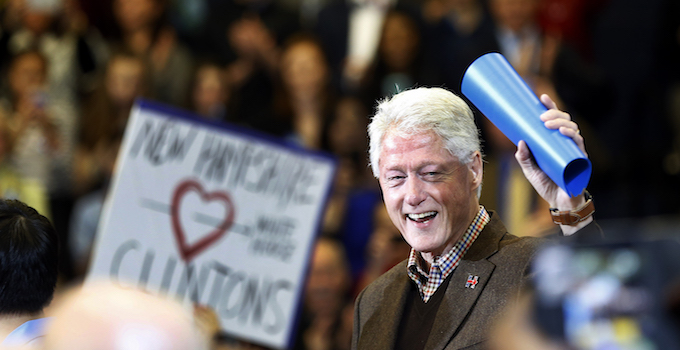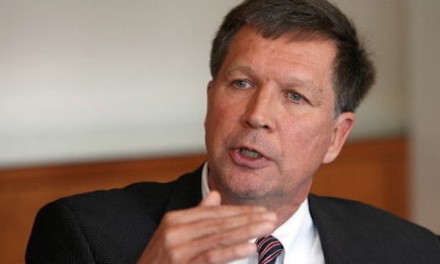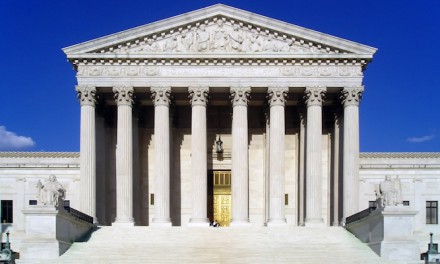When he left office in early 2001, Bill Clinton was considered the most successful Democratic president in a generation. Today, members of his own party, possibly including his wife, consider much of that record an embarrassment.
This was highlighted recently when Clinton defended his 1994 crime bill and had to quickly backtrack. The legislation included stronger penalties for certain crimes, and funded more police on the street. Both causes are viewed with skepticism, at best, by today’s Democrats.
But that’s not the only part of Clinton’s record his party now frowns upon. As president, Clinton championed free trade and supported the North American Free Trade Agreement with Canada and Mexico. Today, few national Democrats defend free trade. (And, we must note, even many Republicans now campaign to Clinton’s political left on the issue.)
Clinton supported welfare reform in 1996 that cut the rolls by roughly half, driving caseloads to the lowest level since 1968. Good luck finding a
Democrat who will praise that achievement today.
On financial deregulation, Clinton supported repeal of the Glass-Steagall Act, a Depression-era relic that made it illegal for banks to provide commercial and securities services. Today, Vermont Sen. Bernie Sanders campaigns for president promising to reinstate Glass-Steagall, and the heavy-handed and economically devastating Dodd-Frank banking law is touted as an ideal version of Democratic financial regulation, not the free-market reforms of the Clinton era.
As president, Clinton signed the Religious Freedom Restoration Act of 1993. Under that measure, the government cannot compel people to engage in any activity that substantially burdens their exercise of religion unless the state can first demonstrate a compelling need. Yet when states have adopted virtually identical laws in recent years, Democrats have attacked those statutes as legalizing discrimination against
homosexuals.
Similarly, Clinton signed the Defense of Marriage Act in 1996, which defined marriage in federal law as the union of one man and one woman, and allowed states to decline to recognize same-sex marriages granted in other states. Clinton now distances himself from that law, as does his wife.
In 1994, Clinton signed an education bill that included provisions supportive of charter schools. That’s out of favor in today’s Democratic Party, where teacher union largess is prioritized over the needs of children in poverty.
Even on the issue of taxes, Clinton’s record is viewed with horror by many modern Democrats, despite the fact that Clinton raised income taxes in 1993. Under Clinton, the top two federal income tax rates were increased to 36 percent and 39.6 percent, the corporate tax rate was increased, a larger share of Social Security benefits was subjected to taxation, and fuel taxes were increased.
Yet in 1995 Clinton reversed course, cutting the capital gains tax rate from 28 percent to 20 percent, and increasing the death tax exemption to $1 million. While Democrats hate to admit it, the fondly remembered Clinton-era economic boom occurred after the tax cuts, not after the tax increases.
On many issues, Clinton was a conventional liberal, and we had cause to criticize him often during his presidency. But his record included a large dose of deregulation, tax cuts, free trade and welfare reform — and the economy boomed.
Perhaps Democratic presidential candidates no
longer want to be associated with those issues and
positive outcomes, but Republican candidates shouldn’t hesitate to embrace them.
___
(c)2016 The Oklahoman
Visit The Oklahoman at www.newsok.com
Distributed by Tribune Content Agency, LLC.
—-
This content is published through a licensing agreement with Acquire Media using its NewsEdge technology.



















Recent Comments